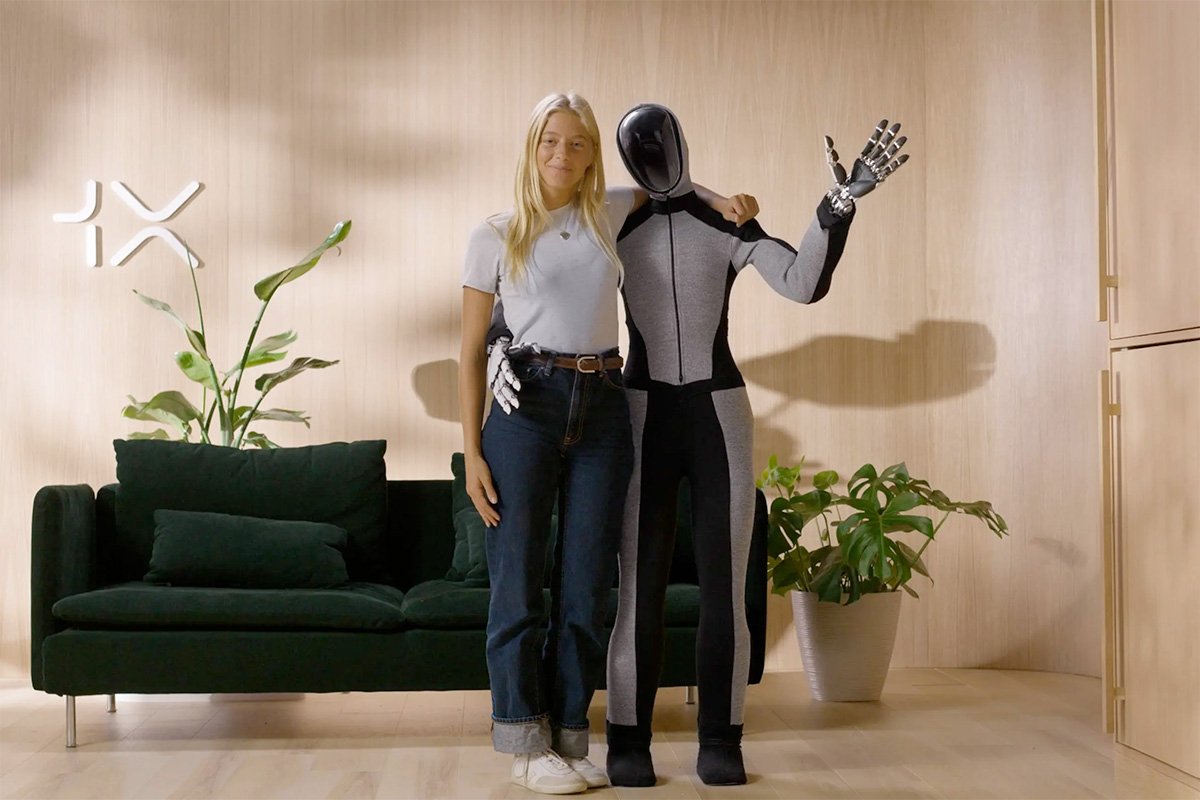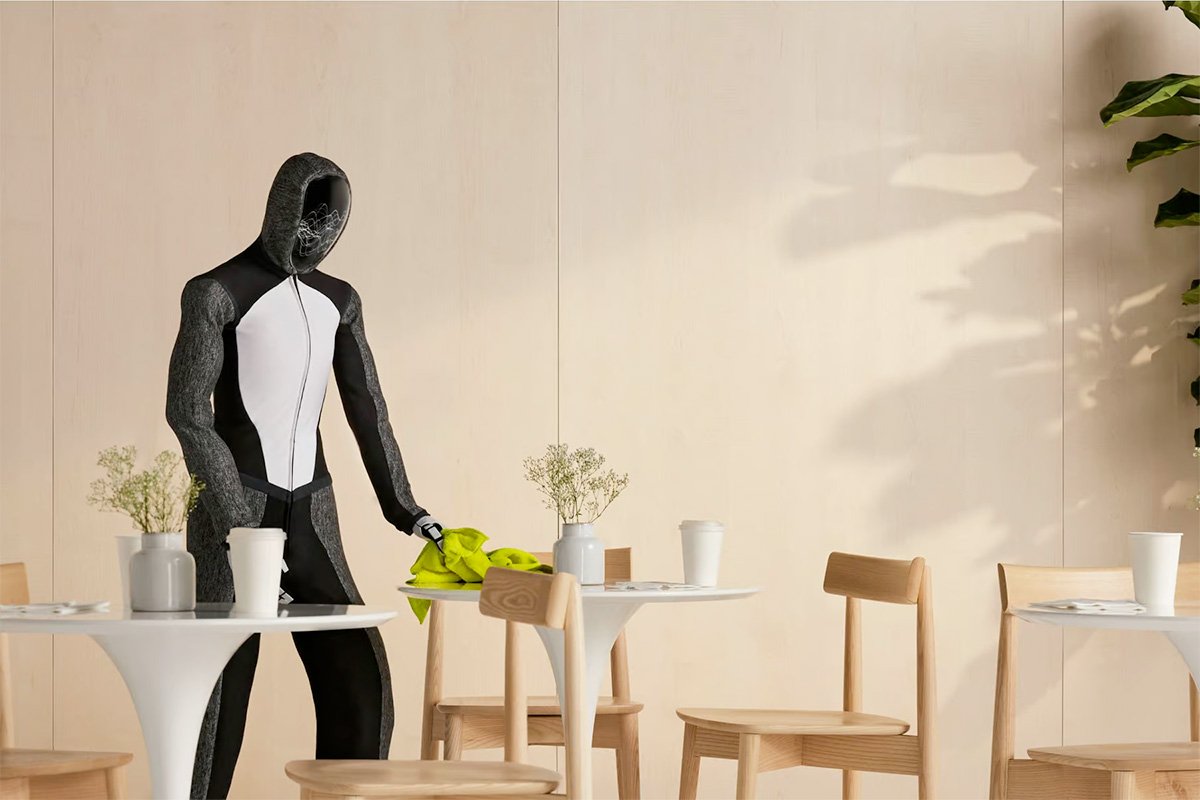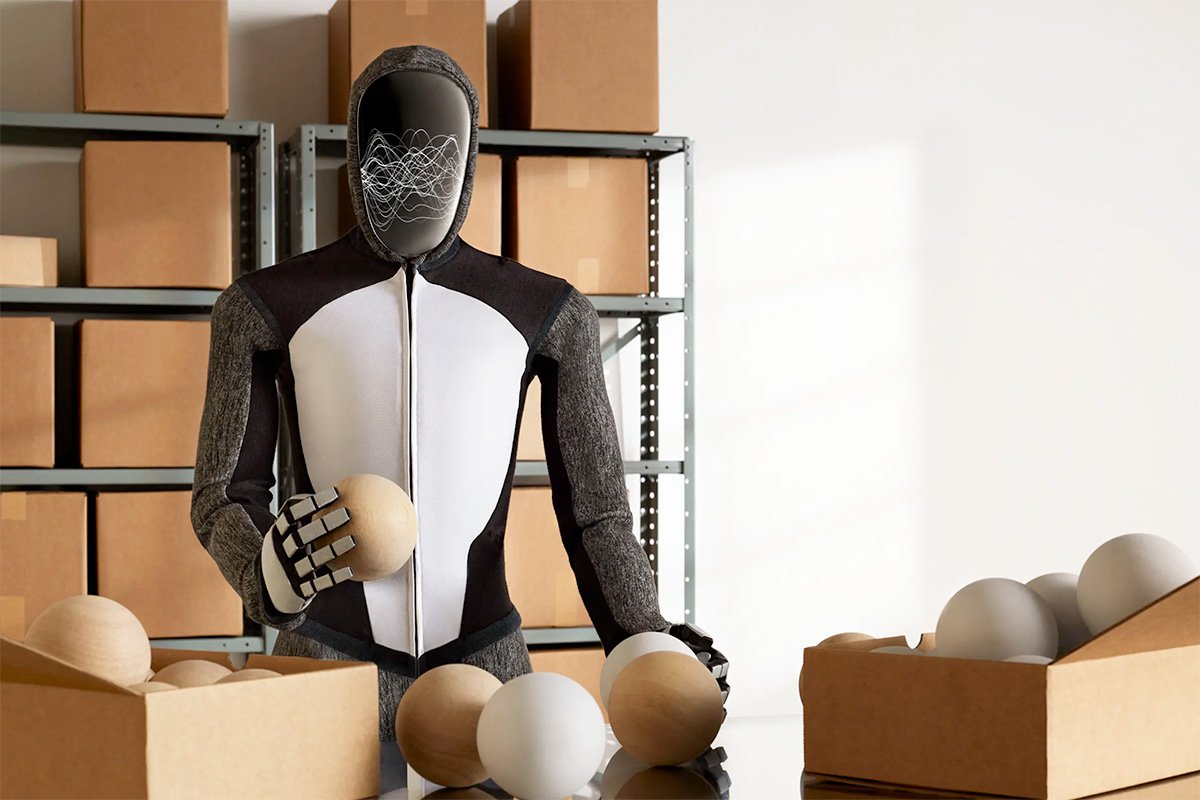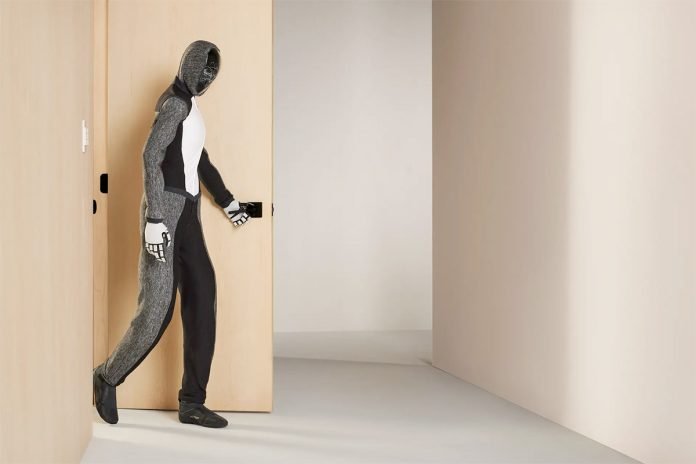Earlier this year, Norwegian robotics company 1X revealed its progress in developing workplace robots with the introduction of Eve, a humanoid designed for manufacturing tasks. Now, the OpenAI-backed firm has shifted focus toward home robotics, unveiling its latest prototype—a humanoid assistant named Neo Beta. Neo Beta is intended for domestic tasks and is currently in the beta stage, with a limited rollout to selected households scheduled for research purposes.
The transition from Eve to Neo Beta
While Eve, the earlier model, is tailored for industrial environments, Neo Beta humanoid is designed with household utility in mind. Eve is a wheeled robot, moving at speeds of up to 9 mph (14.5 km/h), with claw-like hands suited for repetitive pick-and-place operations. The robot’s design, featuring an LED matrix face and an egg-shaped head, prioritizes functionality over a human-like appearance, which works well in factory settings.
Neo Beta, on the other hand, takes on a more human-like form, which is increasingly seen as the preferred approach for domestic robots. Unlike Eve, which rolls on wheels, Neo Beta walks on two legs and wears a sporty fabric jumpsuit that conceals its robotic “muscle-like” anatomy. Standing 5.41 feet (1.65 meters) tall and weighing 66 lbs (30 kg), Neo Beta is shorter than Eve but designed for home environments. Its hands are five-fingered and appear more robotic than human, yet they are capable of grasping and holding a variety of household objects, suggesting versatility in handling domestic chores.
A glimpse of Neo Beta’s abilities
Although 1X has not fully demonstrated Neo Beta’s potential through extensive videos, the prototype’s development is focused on learning and adapting to its surroundings. According to the company’s product page, Neo Beta humanoid employs a combination of robotics and artificial intelligence, a method they refer to as “embodied learning.” This approach allows the robot to grow more adept at household tasks over time.
Users will be able to interact with Neo Beta using natural spoken language, making communication straightforward and intuitive. Neo Beta is also designed to understand and navigate its physical environment, allowing it to perform real-world tasks autonomously. However, if needed, a human operator can remotely control the robot’s vision and movement, providing additional safety and flexibility.

One key feature emphasized by the company is the robot’s ability to “learn” as it continues to interact with people and objects. This suggests that Neo Beta’s capabilities will improve with time, potentially allowing it to handle more complex tasks in the future. While it’s unclear whether the robot’s current actions are fully autonomous or choreographed, the potential for increased autonomy is an exciting aspect of the project.
Key specifications of Neo Beta
According to the official specs, Neo Beta humanoid is equipped with a decent range of physical capabilities:
Height: 5.41 feet (1.65 meters)
Weight: 66 lbs (30 kg)
Carrying capacity: 44 lbs (20 kg) – ideal for household items or shopping bags
Speed: Capable of running up to 7.5 mph (12 km/h), but generally walks at 2.5 mph (4 km/h)
Battery life: Between two and four hours per charge, depending on activity levels
This battery life suggests Neo Beta may require frequent recharging, depending on its usage in a typical home environment. With further optimization, battery performance could improve in future versions.

Safety as a primary focus
1X is being cautious with the initial deployment of Neo Beta, ensuring that safety is a priority. “Safety is the cornerstone that allows us to confidently introduce Neo Beta into homes,” said 1X CEO Bernt Børnich. As part of this cautious approach, only a limited number of Neo units will be deployed in selected homes during 2024. These initial deployments will serve as research and development opportunities, allowing 1X to gather feedback and further fine-tune Neo Beta’s functionality in real-world conditions.
By limiting initial rollouts, the company aims to address potential challenges in a controlled setting while continuing to improve Neo Beta’s design. This phased approach ensures that the humanoid robot’s introduction to domestic environments is carefully monitored and refined for safety and performance.

Looking toward mass production
1X is planning to mass-produce the Neo Beta humanoid robot at its own factory in Moss, Norway. While details on full-scale availability are still forthcoming, interested consumers can sign up for a waitlist, where they will be updated on Neo Beta’s progress and availability. As the robot continues to evolve, more concrete details about pricing and consumer rollout will likely emerge.
As for cost, the 1X CEO has suggested that a production unit of Neo Beta could be priced similarly to “a relatively affordable car.” Although the exact price range has not yet been confirmed, this gives potential buyers an idea of the financial investment required for a domestic assistant like Neo Beta.
Source: 1X



